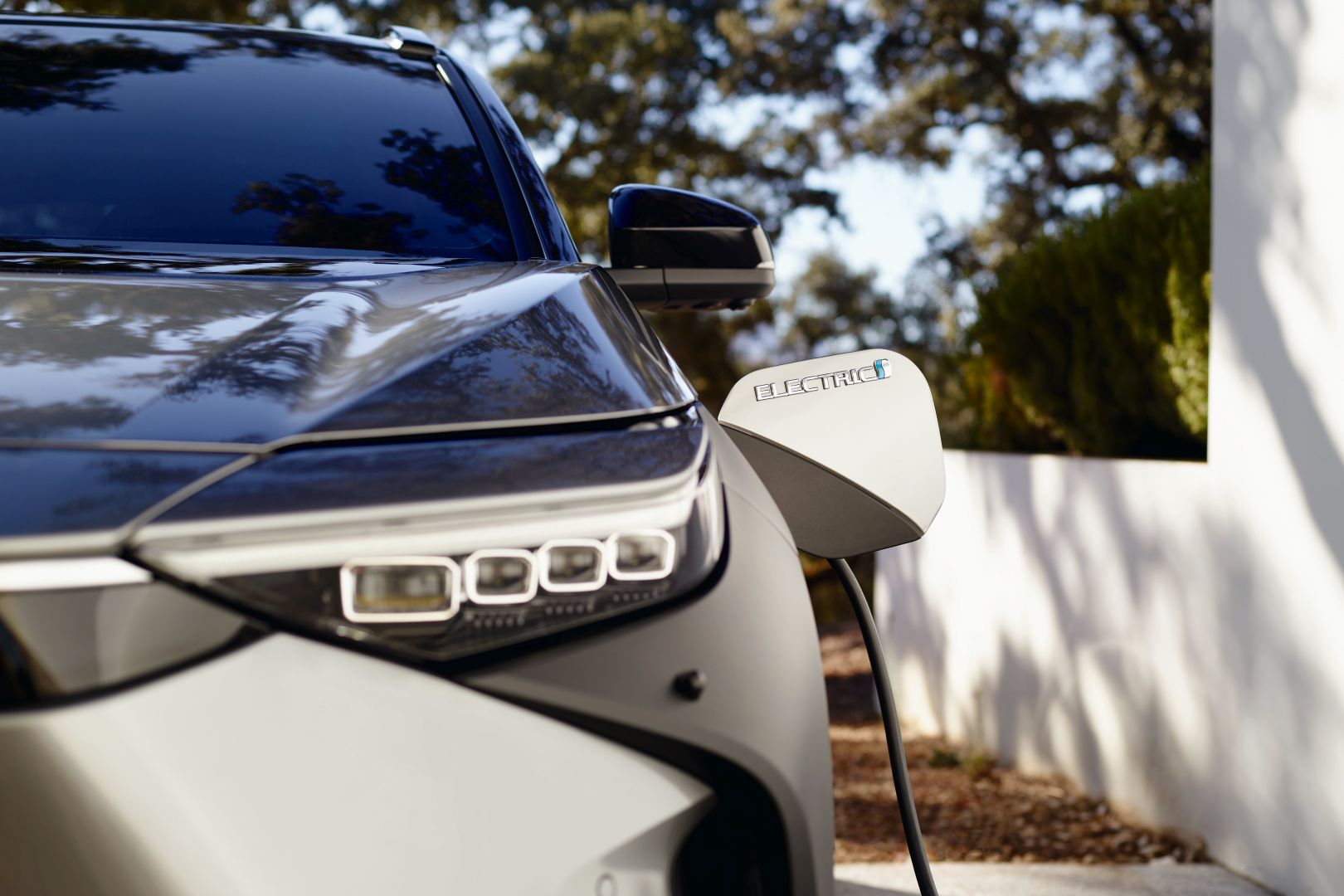Ethiopia, a hidden gem nestled in East Africa, is a country often overlooked by many. Bordering Eritrea, Djibouti, Somalia, Sudan, South Sudan, and Kenya, this ancient land offers a unique blend of history, culture, and breathtaking world.
While it’s often associated with safaris and wildlife, Ethiopia’s rich heritage as the “Cradle of Mankind” is equally fascinating. Ethiopia’s history dates back millions of years, making it one of the oldest continuously inhabited regions on Earth.
The country’s archaeological sites, such as the Omo Valley and the Afar Triangle, have yielded invaluable insights into human evolution. Beyond its historical significance, with over 80 different ethnic groups, each with its unique language, customs, and traditions.

Despite its relatively small economy and challenges in infrastructure, Ethiopia has made significant strides in recent years, particularly in its commitment to environmental sustainability. One notable example is the country’s ambitious plan to transition away from fossil fuels and embrace renewable energy sources.
Ethiopia has vast potential for hydroelectric, solar, wind, and geothermal power, and it has been investing heavily in these sectors to meet its growing energy needs while reducing its carbon footprint. In addition to its renewable energy initiatives, Ethiopia has also been working to protect its natural resources and biodiversity.
The country’s national parks and wildlife sanctuaries are home to a wide range of endangered species, including lions, elephants, and mountain gorillas. Ethiopia’s government has implemented conservation measures to safeguard these ecosystems and promote sustainable tourism.
The ban on gas-powered cars offers several advantages. Firstly, it reduces the country’s dependence on foreign oil, saving valuable resources and mitigating the risks associated with fluctuating global fuel prices. Secondly, it promotes the development of domestic renewable energy industries, creating jobs and boosting economic growth. Thirdly, it contributes to a cleaner environment by reducing greenhouse gas emissions and improving air quality.
However, the transition to electric vehicles also presents challenges. The limited availability of charging infrastructure, particularly in rural areas, can hinder the adoption of EVs. Additionally, the high upfront cost of electric vehicles compared to traditional gasoline-powered cars may be a barrier for many consumers.
Furthermore, the country’s reliance on hydroelectric power generation can be vulnerable to fluctuations in rainfall and other environmental factors. To overcome these challenges, Ethiopia must invest in expanding its electric vehicle infrastructure, providing incentives to encourage the adoption of EVs, and diversifying its energy sources. By addressing these issues, the country can reap the benefits of a cleaner, more sustainable, and more independent transportation sector.

Moreover, Ethiopia’s strong ties with China have played a pivotal role in accelerating its EV adoption. China, a global leader in EV technology and manufacturing, has provided significant support to Ethiopia through investments, technology transfer, and infrastructure development.
This partnership has enabled Ethiopia to access affordable and high-quality EVs, while also fostering domestic EV production capabilities. As Ethiopia continues to embrace electric mobility, it serves as an inspiration to other countries seeking to transition away from fossil fuels. By prioritizing sustainable transportation and investing in renewable energy, Ethiopia is paving the way for a cleaner, greener future.

